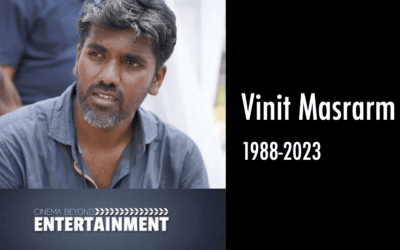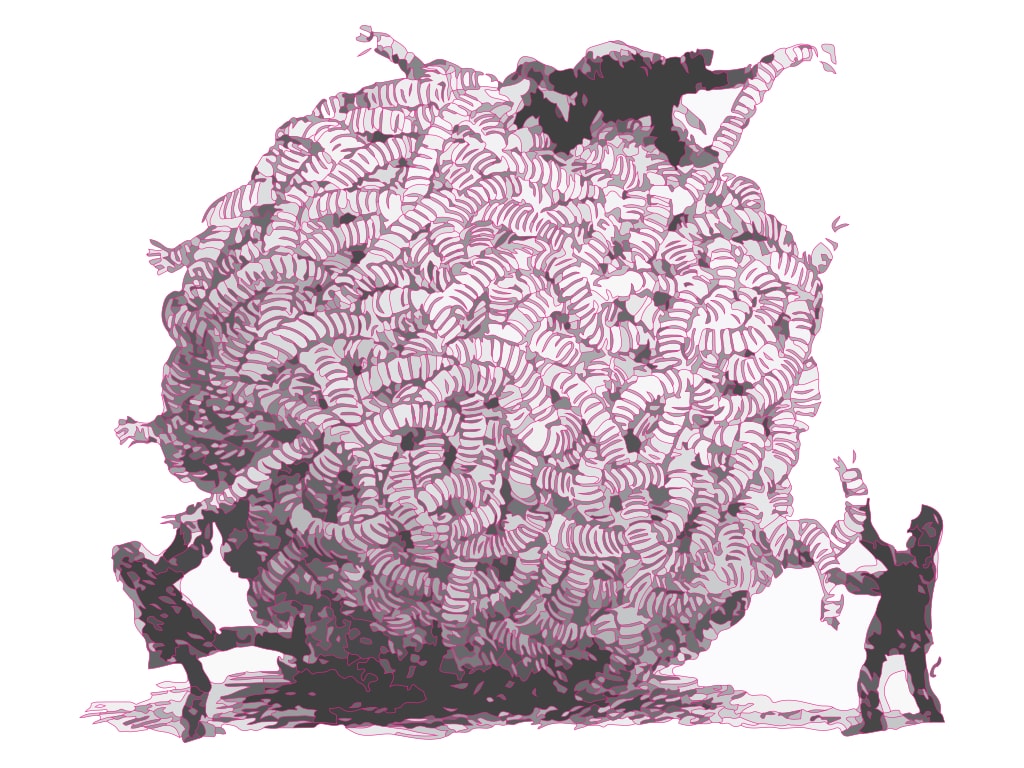I just read this wonderful essay by UCLA professor Peter Nonacs titled: Why I Let My Students Cheat On Their Game Theory Exam. In this essay he describes an experiment he recently conducted in his game theory class. This is what he told his students a week before the final exam for the class:
… I told my class that the Game Theory exam would be insanely hard—far harder than any that had established my rep as a hard prof. But as recompense, for this one time only, students could cheat. They could bring and use anything or anyone they liked, including animal behavior experts. (Richard Dawkins in town? Bring him!) They could surf the Web. They could talk to each other or call friends who’d taken the course before. They could offer me bribes. (I wouldn’t take them, but neither would I report it to the dean.) Only violations of state or federal criminal law such as kidnapping my dog, blackmail, or threats of violence were out of bounds.
Gasps filled the room. The students sputtered. They fretted. This must be a joke. I couldn’t possibly mean it. What, they asked, is the catch?
“None,” I replied. “You are UCLA students. The brightest of the bright. Let’s see what you can accomplish when you have no restrictions and the only thing that matters is getting the best answer possible.”
So what happened? You should read the entire essay. But in brief, the shared grade for the group of students who chose to turn in one collective answer was 20% higher than the averages on his previous midterms. (Three students chose not to participate in this shared work and turned in their work individually.) Here’s the key quote, as to why this worked:
Although by conventional test-taking rules, the students were cheating, they actually weren’t in this case. Instead, they were changing their goal in the Education Game from “Get a higher grade than my classmates” to “Get to the best answer.” This also required them to make new rules for test-taking. Obviously, when you make the rules there is no reason to cheat.
What a great story!






Hmmm, new rules to eradicate cheating; this is interesting. Thanks for the post, I enjoyed it!